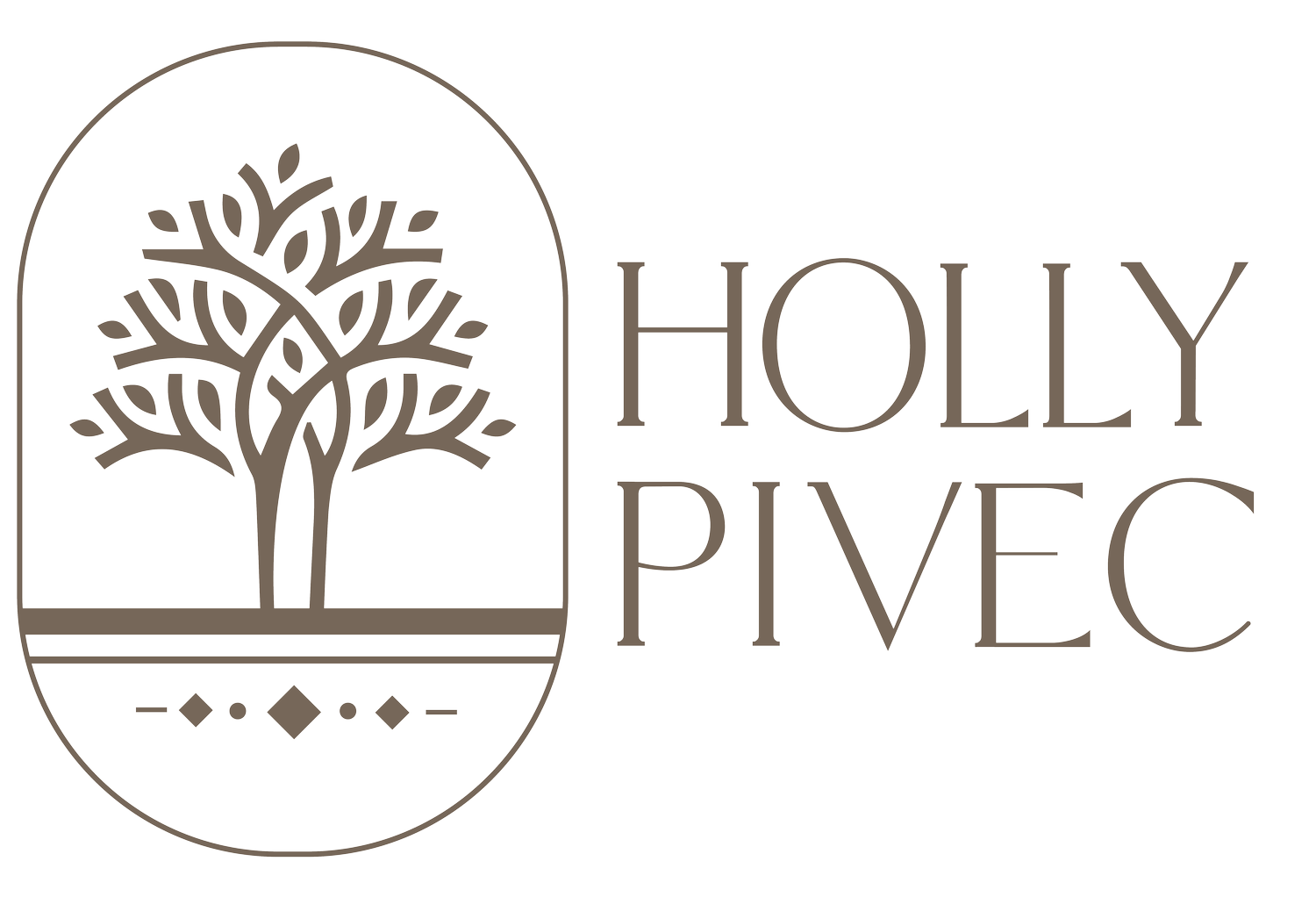Apostle Brian Simmons and the 'Secret Knowledge' Tactic
 Background: The following post features the fifth and final part of an exchange between me and Apostle Brian Simmons, the translator of a “New Apostolic Reformation” Bible called “The Passion Translation.” See Part 1, Part 2, Part 3 and Part 4.The exchange occurred after I wrote a critical review of his translation at Amazon.com (see the discussion thread here and notice that he has since deleted his response to me). I feature our exchange here because it shows the types of illogical argumentation, deception, and poor scholarship that characterize many of the written works produced by leaders of the New Apostolic Reformation (NAR) movement.I want to highlight another tactic used by Apostle Brian Simmons to get people to buy his new Bible, The Passion Translation. I call this tactic "secret knowledge."This tactic--used frequently by apostles and prophets in the NAR movement--is the attempt to gain followers by claiming that they possess important spiritual information they alone are privy to.Simmons implies he has secret knowledge when he claims he used Aramaic manuscripts to produce his translation, yet does not identify those manuscripts. Nor does he identify the discoveries that supposedly show that the manuscripts he used are the earliest manuscripts. Thus--by appealing to obscure, unnamed manuscripts--he is essentially claiming that he alone has knowledge of what the earliest manuscripts of the Bible said.Yet, interestingly--when I challenged him on the soundness of using Aramaic manuscripts--he initially downplayed his dependence on the Aramaic. But he didn't downplay it for long. Notice how he quickly turned around and continued to argue for the Aramaic.Here's what I said that started our exchange.
Background: The following post features the fifth and final part of an exchange between me and Apostle Brian Simmons, the translator of a “New Apostolic Reformation” Bible called “The Passion Translation.” See Part 1, Part 2, Part 3 and Part 4.The exchange occurred after I wrote a critical review of his translation at Amazon.com (see the discussion thread here and notice that he has since deleted his response to me). I feature our exchange here because it shows the types of illogical argumentation, deception, and poor scholarship that characterize many of the written works produced by leaders of the New Apostolic Reformation (NAR) movement.I want to highlight another tactic used by Apostle Brian Simmons to get people to buy his new Bible, The Passion Translation. I call this tactic "secret knowledge."This tactic--used frequently by apostles and prophets in the NAR movement--is the attempt to gain followers by claiming that they possess important spiritual information they alone are privy to.Simmons implies he has secret knowledge when he claims he used Aramaic manuscripts to produce his translation, yet does not identify those manuscripts. Nor does he identify the discoveries that supposedly show that the manuscripts he used are the earliest manuscripts. Thus--by appealing to obscure, unnamed manuscripts--he is essentially claiming that he alone has knowledge of what the earliest manuscripts of the Bible said.Yet, interestingly--when I challenged him on the soundness of using Aramaic manuscripts--he initially downplayed his dependence on the Aramaic. But he didn't downplay it for long. Notice how he quickly turned around and continued to argue for the Aramaic.Here's what I said that started our exchange.
In the introduction to this book, Simmons admits that much of his translation is based on Aramaic manuscripts of the New Testament rather than Greek manuscripts. The problem with basing a translation on Aramaic manuscripts is that the earliest Aramaic manuscripts are from the fifth century. Thus, he has not based his translation on the earliest and most reliable manuscripts, which date centuries earlier. In contrast to Simmons' translation of the New Testament, the standard English translations are based on much earlier and more reliable Greek manuscripts.
And here's how Simmons responded. And here's what I said.
And here's what I said.
Simmons appears to back pedal on comments he made in his "Translators Note" at the beginning of Letters From Heaven by the Apostle Paul. In this note, he said, "When there is a vast difference in meaning, many times I have resorted to using the Aramaic alternative."He also indicated that new discoveries are showing that the New Testament was originally written in Aramaic, not Greek. He said:"Many new discoveries are being made regarding the original documents and manuscripts that have been compiled to form our Bible, especially the Aramaic manuscripts of the New Testament. ... For centuries, it has been believed that the New Testament was first written in Greek. ... Some scholars now lean increasingly towards the thought that Aramaic and Hebrew texts of the New Testament are the original manuscripts, and that many of the Greek texts are copies, and a second generation from the originals! This is radically changing translation concepts, and will result in many new translations of the New Testament based on Aramaic."I find it very curious that after making so much of the Aramaic manuscripts in his introduction, Simmons then downplayed his dependence on the Aramaic manuscripts in his response to my review.
I also feel the need to comment on Simmons' statement that "Jesus spoke Aramaic and every one of his teachings have been translated into the Greek." This statement seems to reflect a confusion on his part about how the New Testament was produced. While Jesus may well have spoken Aramaic, the manuscript evidence indicates that all the New Testament books--including Jesus' teachings in the Gospels--were originally written in Greek. Thus, the relevant question is not what language Jesus spoke, but what language the New Testament was written in.In short, it seems--from his back pedaling--that Simmons recognizes the weakness of the Aramaic manuscripts. But he is unwilling to give up defending them because they are the source he appeals to for the "secret knowledge" that gives his translation the edge.-- By Holly Pivec
